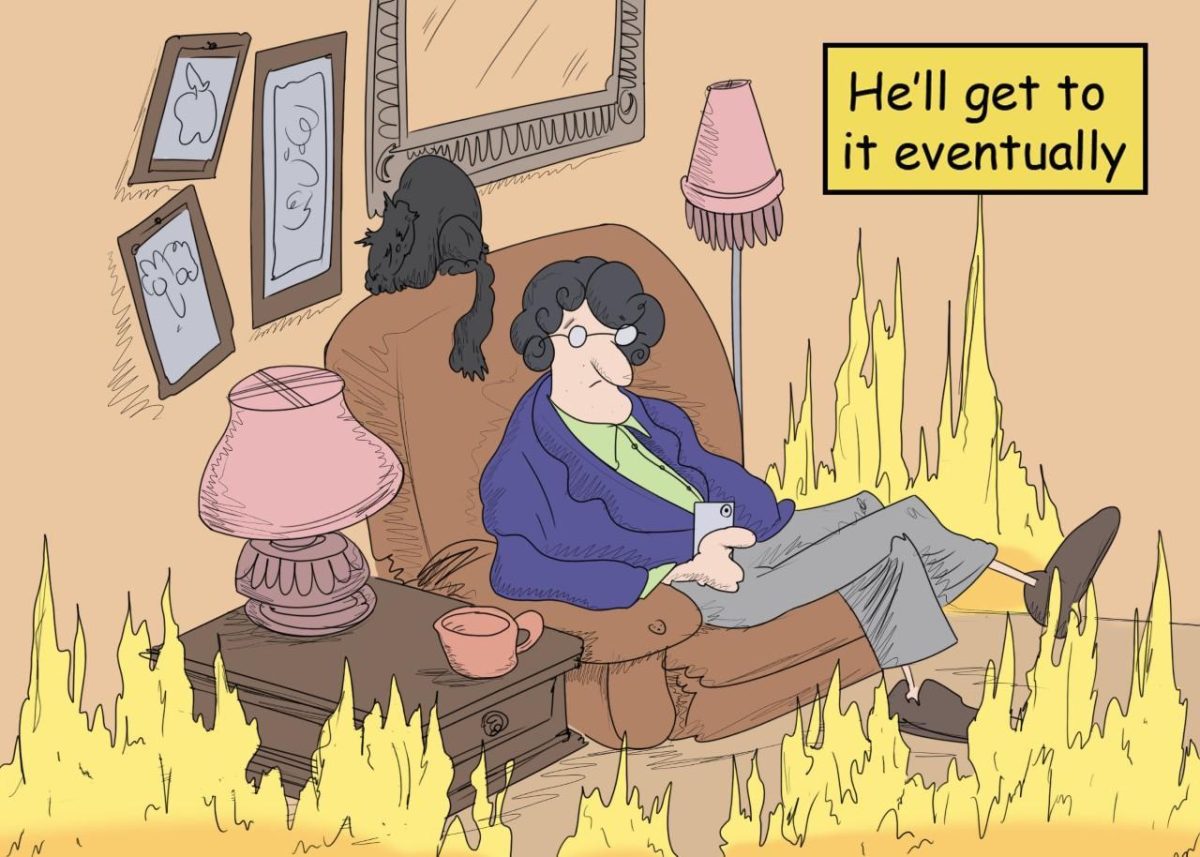As a society we have dropped the ball when it comes to safe sex habits and sex education. More education and better habits would vastly improve this.
Louisiana has over 70,000 reported STD cases, according to innerbody.com. These include HIV, chlamydia, syphilis and gonorrhea. Where are these alarming numbers coming from?
It’s no secret that condoms aren’t popular among Americans. Only 13% of people consistently use male condoms, according to the Guttmacher Institute. This means there’s a heavy reliance on females using contraceptives.
While using contraceptives is important, they don’t protect from most STDs.
The lack of male condom usage derives from a lack of sex education and cultural influences. It’s not cool or “it doesn’t feel as good” to use condoms, so culturally it’s not as popular or using Plan B or using other options.
Consistently using male condoms can help normalize them and change society’s attitude.
Luckily, LSU’s Student Health Center offers endless resources to help students with STD prevention and safe sex practices. Free condoms, panel screenings and pregnancy tests are provided to students.
Even with all the free resources, it means nothing if people aren’t educated.
Encouraging the right mindset surrounding sexual health starts with education. Unfortunately, Louisiana does not require public schools to teach sex education courses.
Considering that Louisiana has the second highest rate of STDs nationally, sex education is needed.
In schools that have sex education, the courses usually promote abstinence. Avoiding the topic of sex and only discussing its consequences is irresponsible. Abstinence means nothing when the average teen doesn’t even know the correct terms for their body parts.
Fifty percent of adolescents don’t know how to get birth control or where to get it from, according to the Guttmacher Institute. I believe this is a direct result of only teaching abstinence in sex education programs.
The HIV/AIDS epidemic is a prime example of how ignorance can impact sexual health. Decades worth of prejudice has led to misinformation and myths surrounding the disease.
While HIV is typically thought of as a “gay man’s disease,” people fail to realize that heterosexual males and females account for 22% of new HIV cases, according to the CDC. This is one of the many myths surrounding HIV and sex education overall.
Simply talking about sex can help normalize it and encourage safe sex.
Sex is a taboo subject to discuss with children, but it shouldn’t be. Sex is natural and children deserve to know what it is and how it works. Not educating them can lead to bad habits and the spread of misinformation.
If adolescents are taught about sex, their knowledge can grow into adulthood and positively impact sex culture, safety and habits.
Jemiah Clemons is a 19-year-old kinesiology major from Miami, Florida.
Opinion: Societal neglect of sexual health has consequences
February 13, 2023
The LSU Student Health Center sign sits Friday, August 19, 2022, in front of the LSU Student Health Center on Infirmary Road, Baton Rouge, Louisiana.







